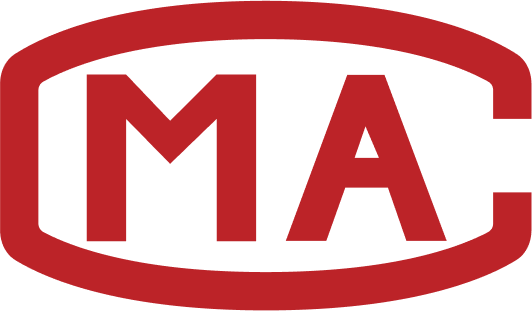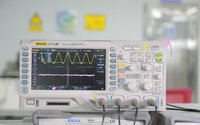The United States and Europe have warned that fake and shoddy chips endanger national security and key systems
Date:2022-03-21 16:16:46Views:795
Chip counterfeiters are taking full advantage of the ongoing tightening in the supply of electronic products to profit from selling fake semiconductor chips to desperate buyers, which has attracted the attention of European and US governments. In a report released this month, Europol, the EU law enforcement agency, highlighted the dangers of counterfeit semiconductors to key infrastructure and people's private equipment.
Worryingly, in the earth's complex supply chain, some people complete orders in any necessary way under the pressure of customers and accept components that have proved to be fake, and these chips will eventually appear in the equipment. These parts are easily available on the online market, and they look persuasive.
"Counterfeiters are taking advantage of the global shortage of semiconductor chips," the Europol report wrote.
The supply chain is global and vulnerable to counterfeit products. By convention, several distributors usually deal with components before they arrive at the manufacturing location. When semiconductor companies verify counterfeit chips with registered trademarks, it may be difficult to track the original supplier of counterfeit semiconductors.
"Supply chain disruptions and the possible introduction of counterfeit components can lead to serious failures in critical infrastructure. Semiconductors are part of key systems used in the healthcare sector, transportation, defense and trade. The risk of private use of electronic products is also high. In addition, counterfeit electronic devices may carry malware and other harmful software, increasing the risk of data theft.
There are all kinds of fake chips and components. Some are imitations, trying to work like real things. Some are worn or damaged parts, carefully dressed, look new and work properly. Some are completely different components that are relabeled.
_20220321161624_708.jpg)
Europol also issued warnings on generic drugs, toys and consumer goods. "EU based criminal networks distribute imported counterfeit goods and, in some cases, operate facilities for assembling semi-finished products," the report said.
Erai, which tracks counterfeit electronic products in Europe, said last year that fraudsters posed as digi key personnel to sell st microelectronic branded microcontrollers. One chip stm32f437vit6 is out of stock in digi key. Mouser has set a 65 week delivery date for the component, and Newark estimates that it will receive the inventory of Microcontrollers in April next year.
The Department of Homeland Security linked counterfeit components to national security in a January report on the semiconductor supply chain.
According to the Department of homeland security, many counterfeit or used parts originating in China are marked as new and original products and can be used in aircraft or medical products.
The Department's report commented: "the concentration of production and assembly in China increases the risk of inserting counterfeit or used components into products, which may damage the integrity and brand reputation of products and pose possible safety risks."
There is an example in the DHS report that Chinese workers in assembly plants secretly produce additional products or repackage rejected parts into new products.
Erai, which aims to crack down on counterfeit parts and equipment, has seen more and more members of automobile and similar industries join it, especially since the rise of semiconductor demand for electric vehicles in 2019. Counterfeit electronic products can be reported anonymously to erai, which provides intelligence to its members so that they can review suppliers and avoid counterfeit kits.
"In 2020, about 80% of the reporting devices were first reported that year," Richard Smith, vice president of business development of erai, told the register, indicating a new batch of imitation parts.
"This shows that counterfeit electronics are a mobile target," he added.
In 2019, the most reported counterfeit devices are multilayer ceramic chip capacitors, which are small and cheap, and are usually purchased in large quantities.
"This is due to the global shortage of capacitor parts and the surge in demand for electric vehicles or general cars... And other consumer products, laptops and mobile phones," Smith said.
Automotive companies verify their components to ensure compliance with regulations such as federal motor vehicle safety standards. The number of reported counterfeit semiconductors peaked in 2011, while the number of reported parts decreased in 2020 and 2021, partly due to pandemics and people's inability to work.
"Covid must have played an important role in this because factories are starting, stopping and closing. People work remotely. Some reports are not completed in time," Smith said.
However, the report rebounded in early 2022, people returned to work and cleared the backlog accumulated at the end of 2021. With the emergence of technology and as6081 and other standards, the identification of counterfeit parts has become better and better, which helps the aerospace industry to verify parts and reduce the use of counterfeit electronic products.
DHS has also signed contracts with small businesses to develop tools to help check the authenticity of parts. The semiconductor industry is considering using blockchain technology to track the original source of parts and materials.




 Weixin Service
Weixin Service

 DouYin
DouYin
 KuaiShou
KuaiShou




















